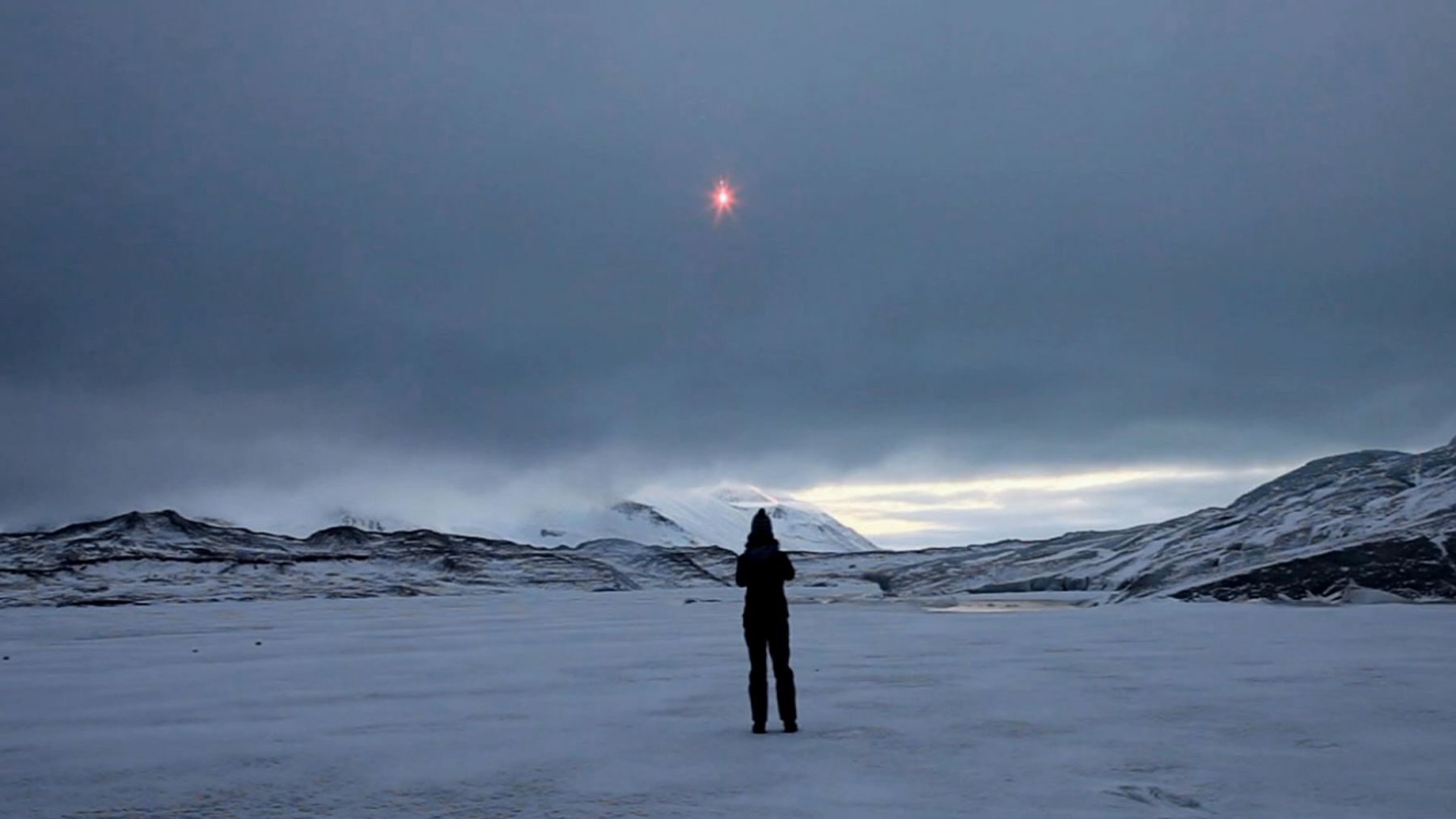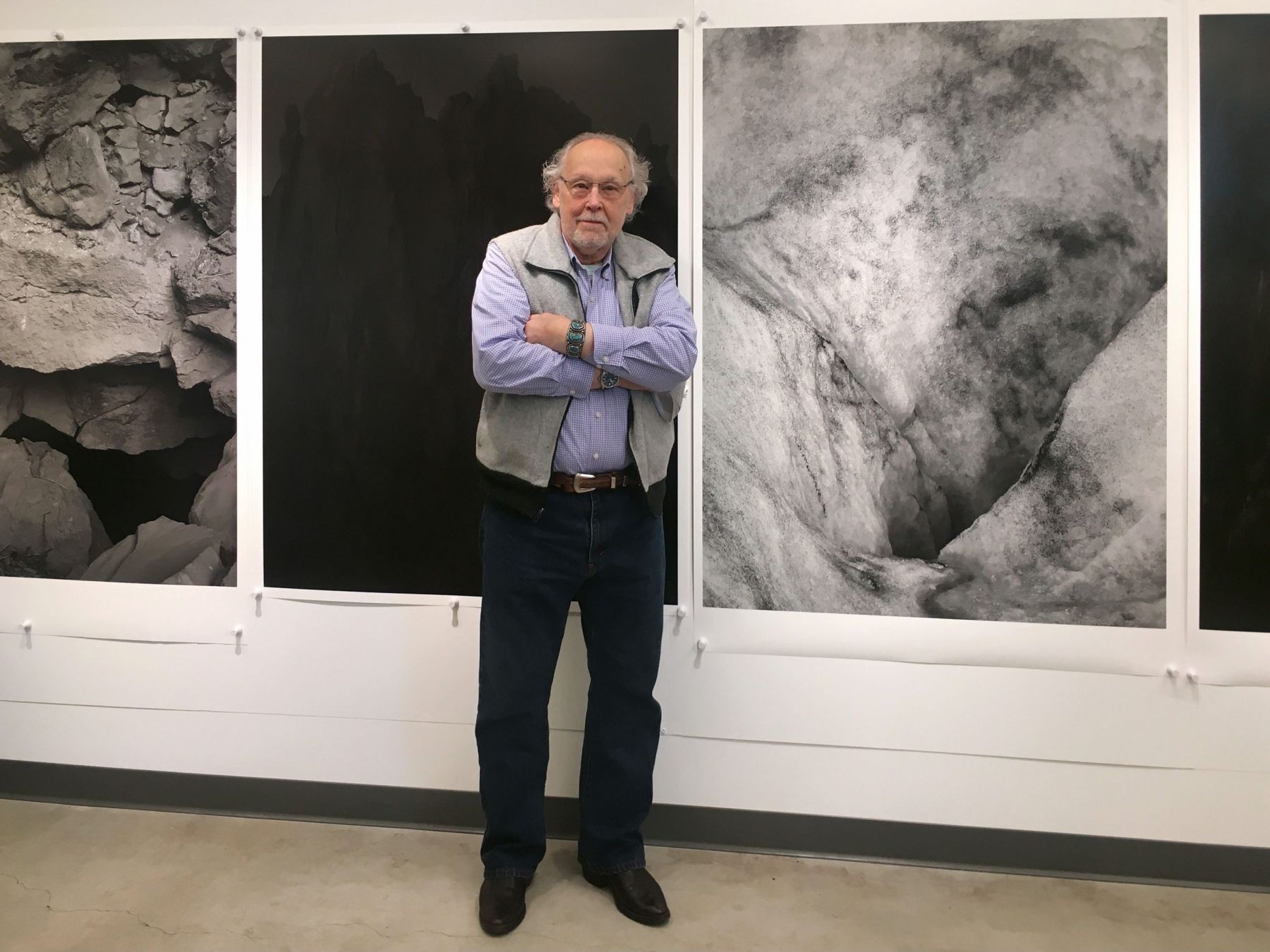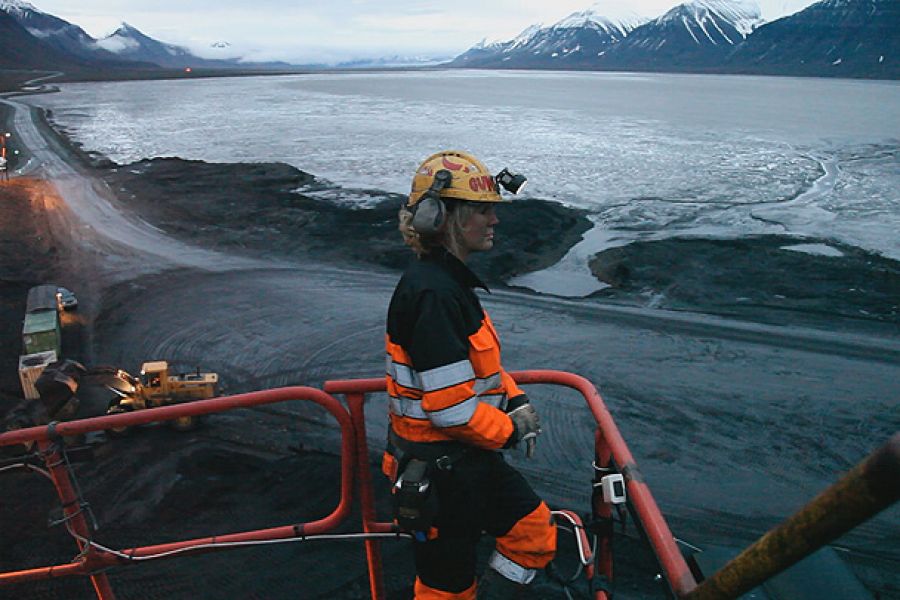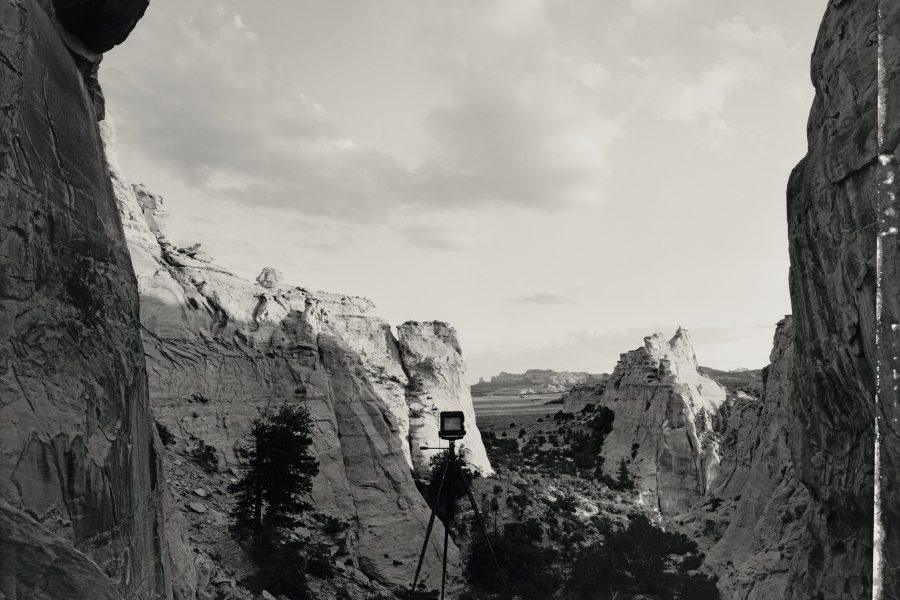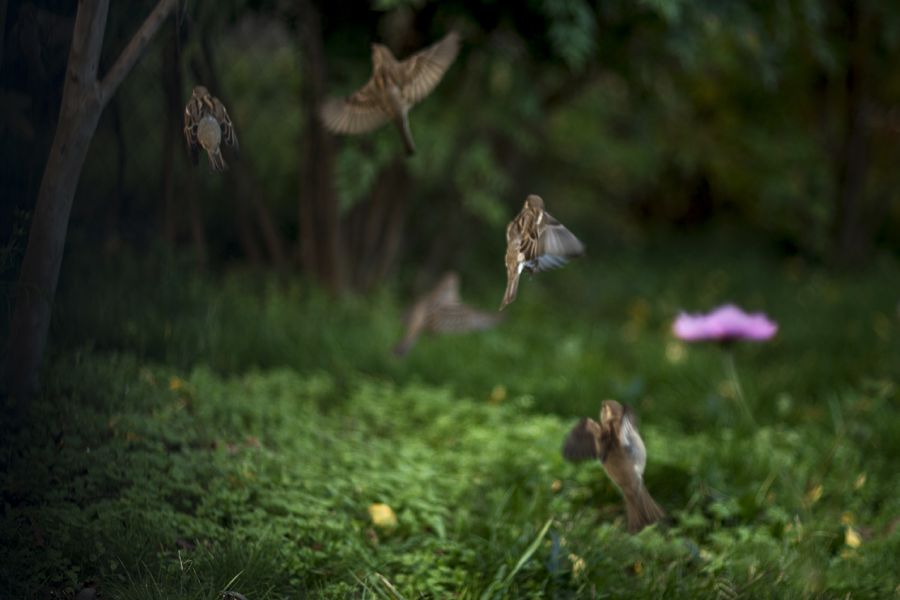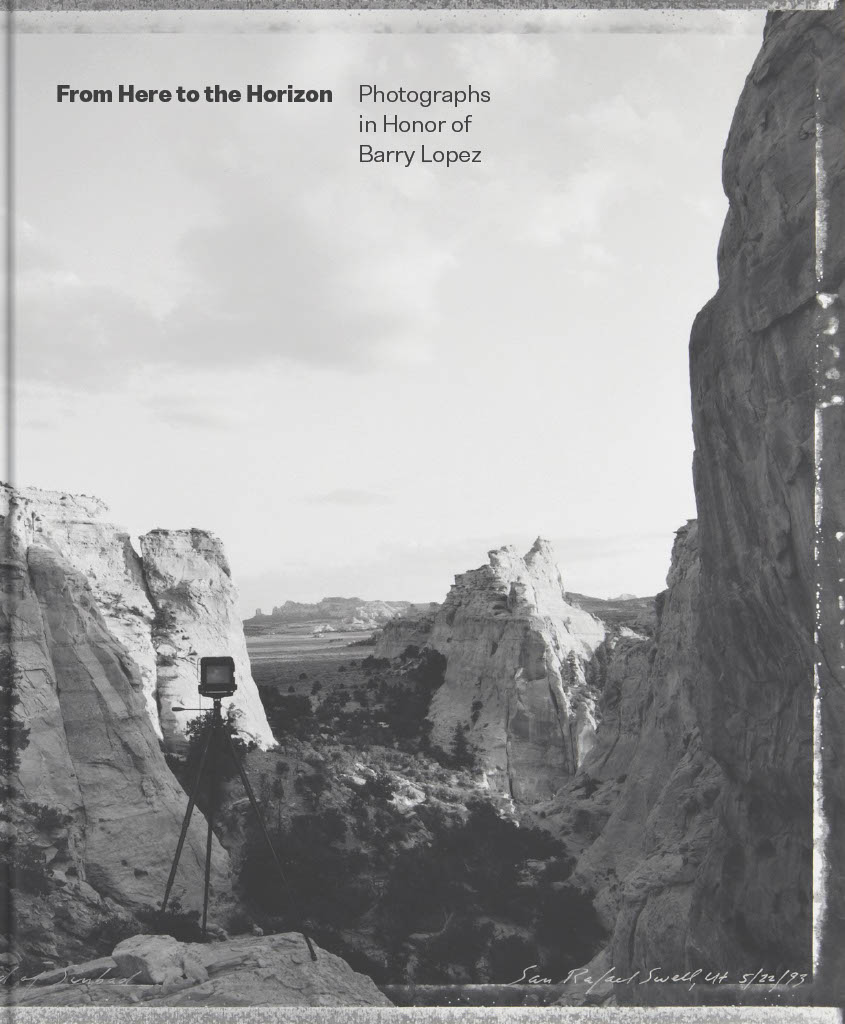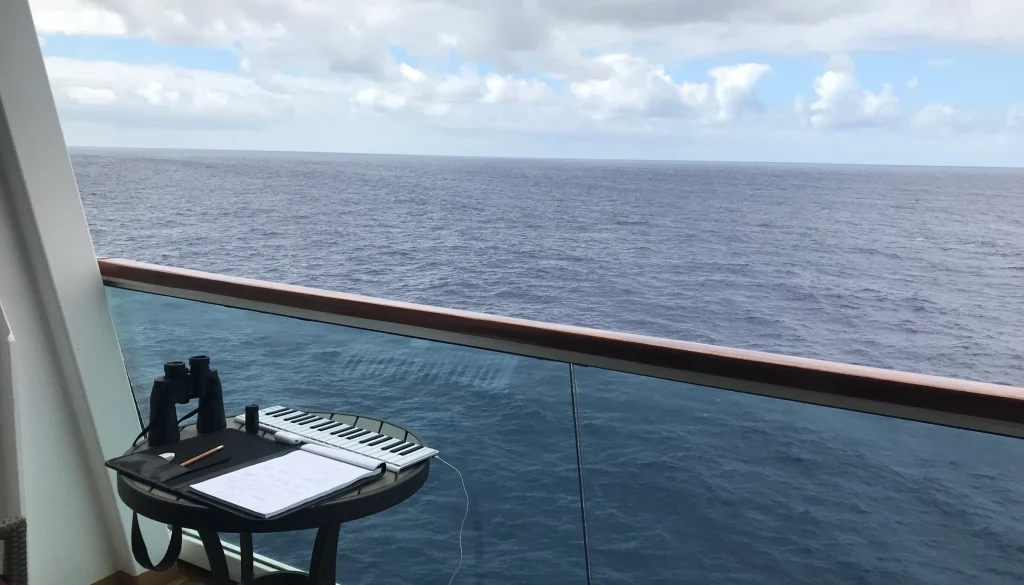From Here to the Horizon: Photographs in Honor of Barry Lopez presents work by fifty American landscape photographers assembled in recognition of the life and influence of Barry Lopez. Together, their photographs trace the profile of our national landscape, finding elegance and inspiration and sometimes warning in the places we call home. With essays by Debra Gwartney, Robert Macfarlane and Toby Jurovics, and images by photographers including Robert Adams, Virginia Beahan, Barbara Bosworth, Linda Connor, Terry Evans, Frank Gohlke, Emmet Gowin, Mark Klett, David Maisel, Laura McPhee, Edward Ranney, Joel Sternfeld and Mark Ruwedel, among many others.
Published in conjunction with the exhibition From Here to the Horizon: Photographs in Honor of Barry Lopez, organized by Sheldon Museum of Art, University of Nebraska-Lincoln and the Barry Lopez Foundation for Art & Environment.
Available for purchase from Trinity University Press.
Purchase
